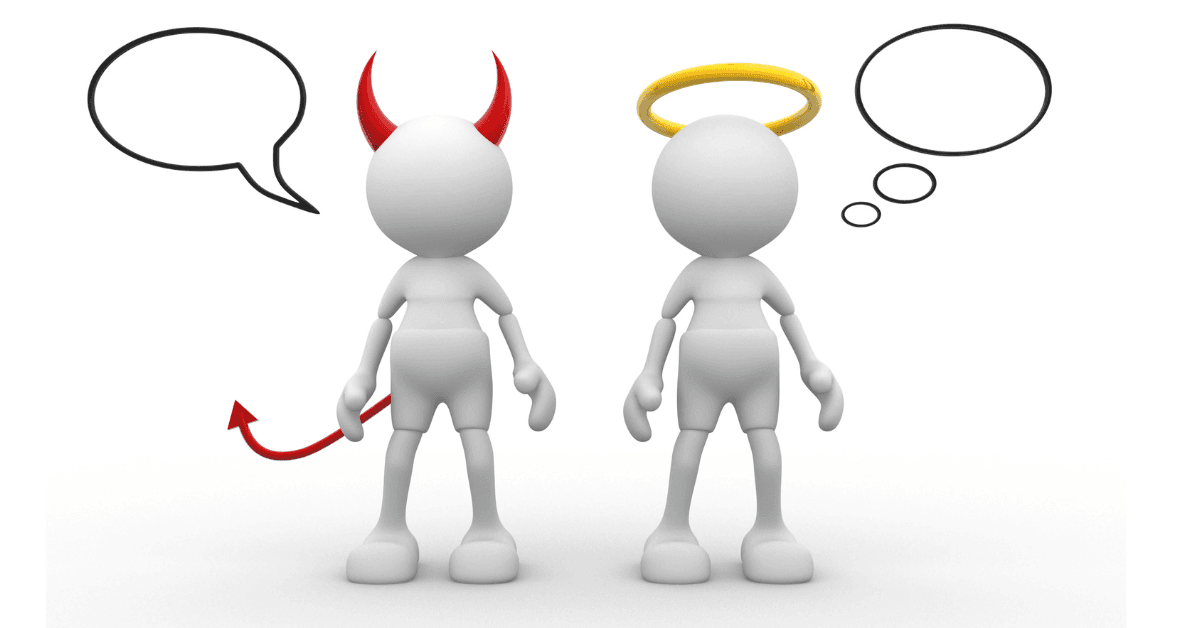Rice Purity Test: What It Tells Us About Our Attitudes Towards Morality
Explore how the Rice Purity Test reveals our complex relationship with morality and societal expectations, reflecting tensions between authenticity and social conformity.
 TAKE RICE PURITY TEST
TAKE RICE PURITY TESTHave you ever felt that flutter in your stomach as you hovered your cursor over a checkbox in the Rice Purity Test—that brief moment of hesitation, wondering whether to acknowledge a piece of your past? Those 100 questions staring back at you aren't just inquiries; they're mirrors reflecting our complicated relationship with societal expectations and personal choices. With each question answered honestly or avoided entirely, we navigate the delicate dance between who we truly are and who we feel we should be. This seemingly playful digital ritual has become more than just a college pastime—it's a window into how we perceive virtue, judge experience, and reconcile our authentic selves with the moral frameworks that surround us.
The Concept of Purity
Purity—that elusive quality that humans have chased across millennia, from sacred texts to modern Instagram feeds. I remember my grandmother's voice, gentle yet firm, speaking of virtuous choices as if they were stepping stones across a precarious river. That same whispered reverence lives on in the way we approach this digital test, where our most private moments become data points on a purity spectrum. There's something both beautiful and troubling about how we've translated ancient moral concepts into checkboxes on a screen. When you calculate your score, aren't you really asking ancient questions that have echoed through human consciousness: Am I good enough? Have my choices defined me? Is worthiness something that can be quantified in percentages and scores?
The Pressure to be Pure
Close your eyes and remember the last time you shared your Rice Purity score with friends. Did you feel that subtle tightening in your chest—that fleeting worry about judgment? Too low a score and you might be labeled "experienced" or "wild"; too high and suddenly you're "sheltered" or "naive." This test captures our universal human longing to be accepted while simultaneously celebrating our unique journeys. I've watched circles of friends lean in close, voices lowered as they compare numbers, their expressions shifting between pride, embarrassment, and sometimes a quiet defensiveness. In those vulnerable exchanges lies the unspoken truth—we're all navigating the tension between authenticity and acceptance, between embracing our experiences and fearing what others might think of them. Each question about intimate encounters or chemical experimentations isn't just measuring actions; it's measuring our willingness to be seen for who we truly are.
The Limitations of the Test
Yet for all its popularity, there's a poignant incompleteness to reducing our complex moral tapestries to numerical scores. The test doesn't ask about the times you've held a friend's hand through grief, or the quiet moments of courage when you stood for someone who couldn't stand for themselves. It doesn't measure the compassion in your heart or the integrity in your actions when no one was watching. I remember taking the test in my college dorm, surrounded by laughter and teasing, while feeling a strange emptiness—knowing the kindness I'd shown a stranger that morning wouldn't raise my score, nor would the white lie I'd told to protect someone's feelings lower it. The most profound aspects of our character exist in shades too nuanced for checkboxes, in stories too personal for standardized questions. And perhaps most troublingly, the very concept of "purity" can leave wounds—creating shadows of shame around experiences that may have been formative, consensual, and deeply human.
Conclusion
When I reflect on what draws us to the Rice Purity Test—what makes us return to it through different chapters of our lives—I believe it's not really about measuring purity at all. It's about our deeply human desire to locate ourselves in relation to others, to find our place in the collective story of experience. It's about the relief of discovering we're not alone in our choices, our experimentations, our growth. Perhaps the most valuable thing this test offers isn't a score, but a mirror that invites us to look more deeply at the narratives we've internalized about worthiness, about goodness, about what it means to live a life well-lived. And in that reflection lies an invitation—to define morality not through external measurements or societal pressure, but through our own authentic compass of compassion, growth, and meaning. Your score may change throughout your life, but what matters more is the kindness with which you hold your own story, and the stories of others.